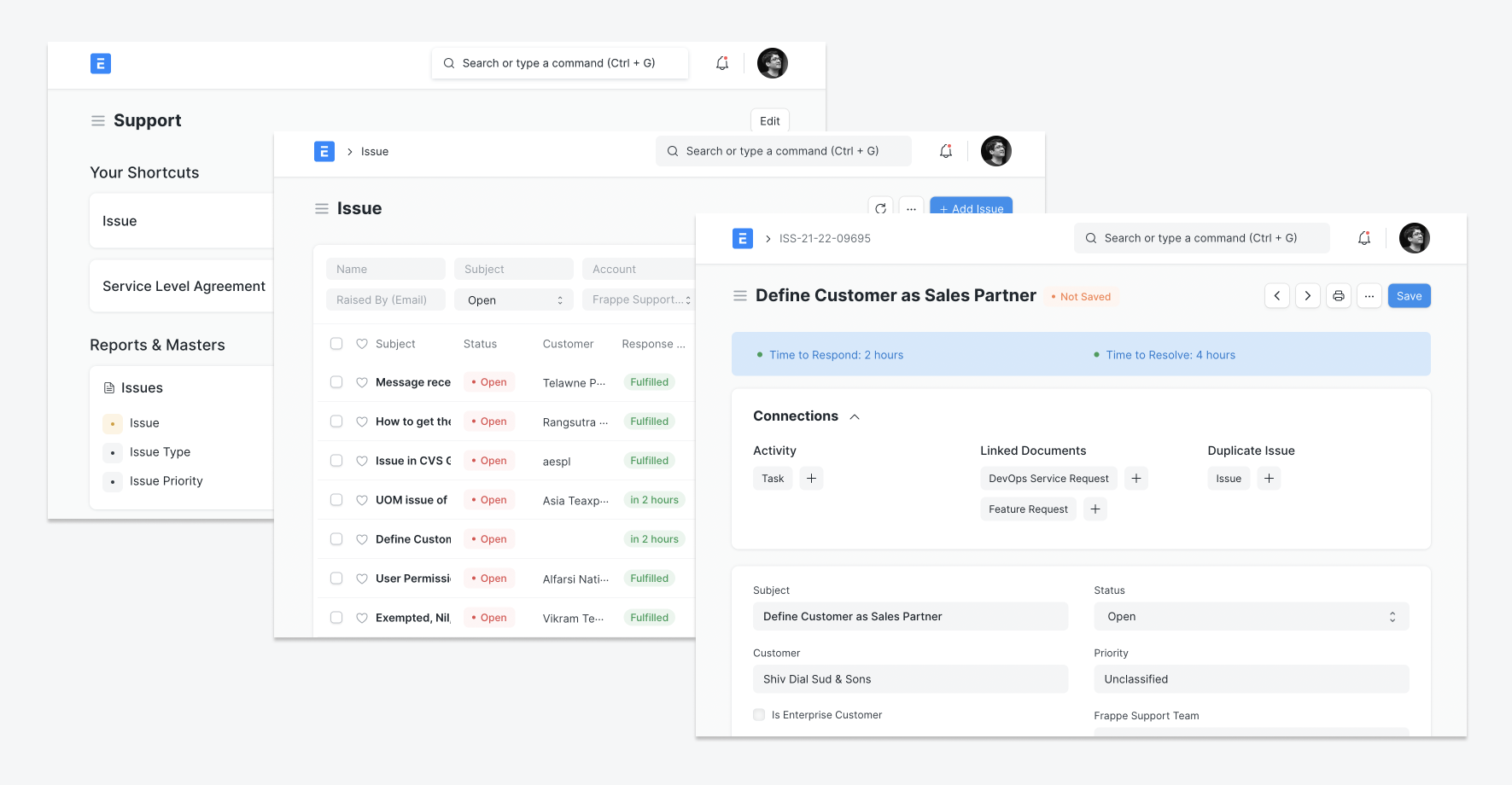In the world of business management, efficient Enterprise Resource Planning (ERP) systems play a pivotal role. Today, we'll dive into a comparison between two prominent ERP solutions: ERPNext and Odoo. Choosing the right ERP software can significantly impact your business operations and streamline processes. Let's explore the features, benefits, and differences to help you make an informed decision.
In the realm of ERP software, ERPNext, and Odoo stand out as two of the most popular options. Both aim to streamline operations, enhance productivity, and provide real-time insights. However, they have distinct features and approaches that cater to different business requirements. In this article, we'll break down the key aspects of ERPNext and Odoo to help you decide which one aligns better with your organization's needs.
ERPNext: A Closer Look:

ERPNext is renowned for its simplicity and user-friendly interface. It covers a wide range of functionalities, including financial management, inventory control, project management, and more. Its modular approach allows businesses to customize the software according to their specific needs. The intuitive dashboard and seamless navigation make it an attractive choice for small and medium-sized enterprises.
Odoo: Unveiling the Features:
Odoo, on the other hand, boasts a comprehensive suite of applications encompassing everything from sales and CRM to human resources and marketing. What sets Odoo apart is its integrated nature – all modules work harmoniously together, ensuring data consistency across various departments. This all-in-one approach appeals to larger enterprises looking for a holistic ERP solution.
Comparing Features:
User Interface:
ERPNext offers a clean and straightforward interface, ideal for businesses transitioning to ERP systems for the first time.
Odoo's interface might be slightly complex due to its extensive features, making it more suitable for organizations with ERP experience.
Customization:
ERPNext allows modular customization, enabling businesses to tailor the software to their specific needs.
Odoo's integrated approach might limit deep customization but ensures seamless compatibility between modules.
Scalability:
ERPNext is excellent for growing businesses, offering the flexibility to add modules as the organization expands.
Odoo's all-in-one design suits larger enterprises that need a unified solution to manage complex operations.
Conclusion:
When deciding between ERPNext and Odoo, it's crucial to evaluate your organization's size, needs, and technical expertise. ERPNext shines for its user-friendliness and customization, making it perfect for SMEs. On the other hand, Odoo's integrated suite is an excellent choice for larger enterprises seeking a comprehensive solution. Whichever you choose, both ERPNext and Odoo have the potential to elevate your business operations and drive growth.
In the end, the decision boils down to aligning the ERP system with your business goals and strategies. Take the time to assess your requirements, explore demos, and seek expert advice before making your final choice.
FAQs
A1: Yes, both ERPNext and Odoo support multi-currency transactions, ensuring versatility for global businesses.
A2: Absolutely, both ERPNext and Odoo offer cloud hosting options, providing easy access and scalability.
A3: ERPNext might be more cost-effective due to its modular approach, allowing small businesses to invest only in necessary modules.
